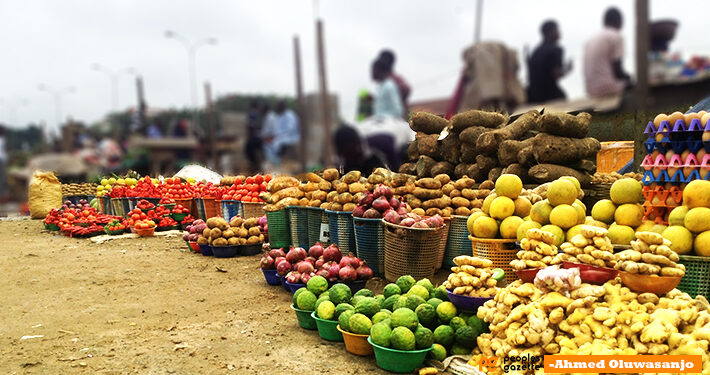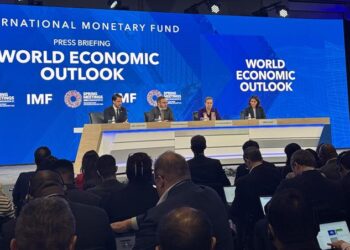The number of food insecure people in West and Central Africa is projected increase by 400% to a five year high of 55 million for the 2024 June to August lean season.
The March 2024 Cadre Harmonisé food security analysis projects a four million increase in the number of food insecure people in the region during the period.
According to the report, currency devaluation, restrictive trade practices and heightened inflation were the factors responsible for the worsened food situation across the region with Ghana, Mali, Nigeria and Sierra-Leone the most affected.
- It stated, “Nearly 55 million people in West and Central Africa will struggle to feed themselves in the June-August 2024 lean season. This figure represents a four-million increase in the number of people who are food-insecure compared to the November 2023 forecast and highlights a fourfold increase over the last five years.”
- “Economic challenges such as currency devaluations, soaring inflation, stagnating production, and trade barriers have worsened the food crisis, affecting ordinary people across the region with Nigeria, Ghana, Sierra Leone, and Mali being among the worst affected.”
Furthermore, the report noted that the prices of staple foods have soared between 10% and over 100% in the last five years across the region primarily caused by increased fuel and transport cost and sanctions from some ECOWAS countries.
Specifically, it mentioned that the currency weakness pass-through on food prices reached 30% in Nigeria 54% in Sierra-Leone, 23% in Ghana and others.
It lamented the spate of food importation across the region and the increased import cost even as the region already has a deficit of 12 million tons of cereals in the 2023/2024.
Insights
Staple food prices especially grains have soared in the past five years occasioned first by the covid-19 pandemic and the Russia-Ukraine war which pushed commodity prices to record highs. Last year, Russia withdrew from the Black Sea grain deal which guaranteed the safe passage of essential grains to countries in need.
- The effect of the elevated food prices has been dire in Sub-Saharan Africa (SSA) where insecurity is rife and agricultural output is low leading to millions being pushed into hunger and starvation.
- The World Bank had earlier projected that West and Central Africa will see minimal level of food insecurity with seven states in Northern Nigeria categorised as crisis level food insecure.
- Nigeria’s food inflation rate for February jumped to 37.9% according to the NBS further highlighting the worsening levels of food inflation in the country.



















